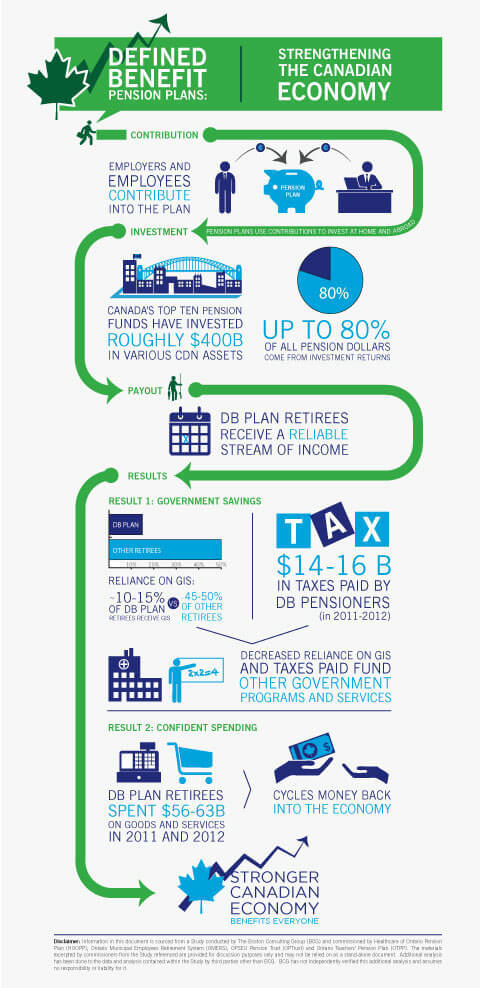Defined-benefit plans are great: We already knew that
However attractive defined-benefit pension plans are for employees, many employers just don't want to bear the burden any longer.
Advertisement
However attractive defined-benefit pension plans are for employees, many employers just don't want to bear the burden any longer.

Share this article Share on Facebook Share on Twitter Share on Linkedin Share on Reddit Share on Email